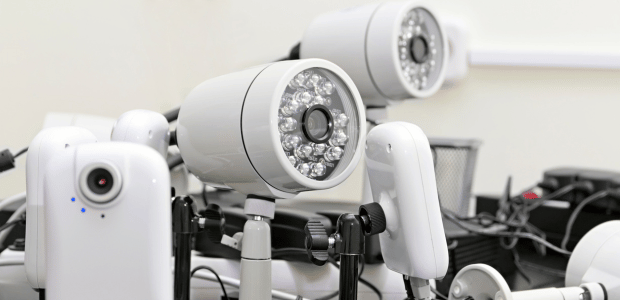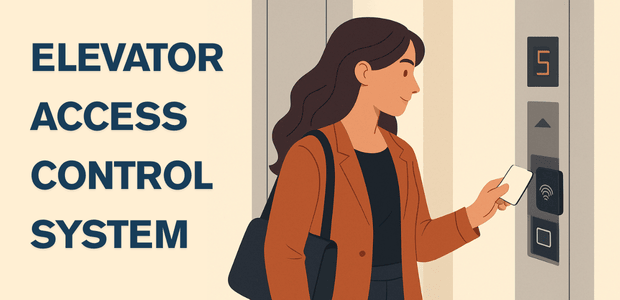Wired vs Wireless CCTV Camera: Best Security Camera to Install

- December 05, 2024
- Interface Digital
In today’s fast-evolving world, ensuring the security of your property has never been more critical. Choosing the right CCTV camera is essential, but with so many options available, it can be challenging to decide.
Two of the most popular choices are wired vs wireless CCTV camera. This blog delves into differences between wired and wireless security cameras, their functionalities, advantages, and drawbacks to help you choose the best option for your security needs.
Wired CCTV Camera
How does it function?
Wired CCTV cameras rely on physical cables to transmit video and audio signals to a recording device or monitor. The camera additionally receives power from these cables. Typically, the system includes cameras connected to a Digital Video Recorder (DVR) or Network Video Recorder (NVR), depending on the technology used.Pros
- Reliable Connection: Wired systems are less prone to interference, ensuring a consistent connection.
- High-Quality Video: The direct cable connection supports superior video quality without compression.
- Scalability: Ideal for large setups, as multiple cameras can be integrated seamlessly.
- No Power Dependency: Since they are hardwired, there is no need for frequent battery replacements.
Cons
- Complex Installation: Installing a wired system requires running cables, which can be labor-intensive and costly.
- Limited Flexibility: Moving cameras or expanding the system later can be challenging.
- Visible Wiring: Cables can compromise aesthetics and may require concealing.
Wireless CCTV Camera
How does it function?
Using CCTV camera with WiFi or other wireless technologies, can send audio and video signals to a receiver or cloud storage. While many wireless cameras are battery-powered, some may still require a power cord for operation.Pros
- Easy Installation: No need to run long cables, making setup quicker and less invasive.
- Flexible Placement: 360 CCTV cameras or other cameras can be installed anywhere within the Wi-Fi range.
- Smart Features: Often come with features like motion detection cameras and integration with smart home security systems.
- Cost-Effective for Small Areas: Ideal for smaller properties or renters.
Cons
- Wi-Fi Dependency: The camera’s performance depends on the strength and stability of your internet connection.
- Limited Battery Life: Battery-powered models require regular recharging or replacements.
- Potential Interference: Other devices on the same frequency can disrupt signal quality.
- Cybersecurity: Wireless signals can be vulnerable to hacking if not properly secured.









